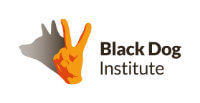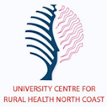Sign up below to receive monthly eMHPrac newsletters and updates about the latest digital mental health news, events, and resources.
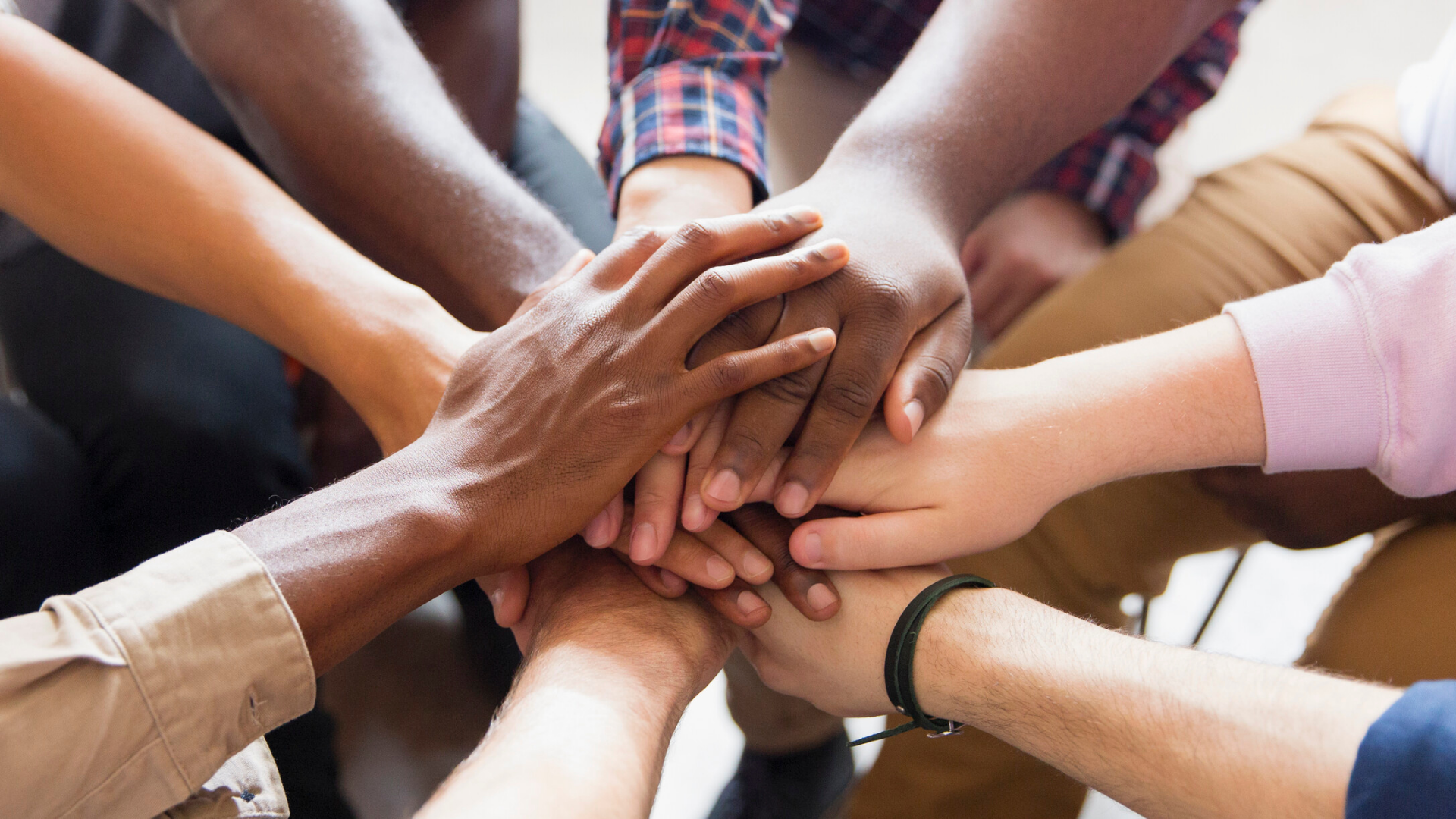
Welcome to the October 2021 edition of the eMHPrac newsletter. October has been an eventful month in terms of mental health promotion and awareness in Australia, with the celebration of Mental Health Month, Mental Health Week, and Mental Health Day.
This year’s focus, not surprisingly, has been around the mental health impacts of the pandemic, particularly the mental health of young people during extended lockdowns and the implications for their future development.
In this edition, we highlight some evidence-based digital mental health interventions aimed to address mental health problems across the lifespan. eMHPrac were excited to receive the TheMHS Education, Training or Workforce Development Award and WellMob co-director David Edwards featured on an ABC radio interview. In this edition, we introduce HeadGear, a 30-day mental fitness challenge app.
In this edition:
- Mental Health Day
- WellMob ABC Radio Interview
- TheMHS Mental Health Service Awards of Australia and New Zealand 2021
- Latest eMHPrac Podcast – Episode 6 with Dr Jennifer Connolly
- See the eMHPrac team at these upcoming conferences
- Read the latest dMH research articles
- This month’s featured service: HeadGear
- Meet the eMHPrac Team: Jill Summers
Mental Health Day
This month we celebrated World Mental Health Day, raising awareness for mental health and promoting prevention strategies to keep people mentally healthy. This year the theme was ‘mental health starts with our children’ reflecting on how lifestyle, environmental, community, and familial risk factors throughout a person’s life impacts their mental health.
A child’s early years and experiences play an essential role in mental wellbeing, learning, brain development and functioning later in life. Globally, approximately half of all mental health problems begin by the age of 14, sadly with the majority remaining undetected and untreated. A large gap remains between quality mental health service demand and supply across the lifespan, particularly through the pandemic.
There are a range of digital mental health resources available to support people at any stage of their life providing counselling support, digital programs for a mental health condition, peer support, information and tips.
Our Managing Your Mental Health Online factsheet is a great place to start accessing digital mental health resources across the lifespan. Download or view the factsheet here: https://bit.ly/3vdHqZu

The Brave Program
The BRAVE Program is an interactive, online program for the prevention and treatment of childhood and adolescent anxiety. The programs are free and provide ways for children and teenagers aged 3 to 17 to better cope with their worries. There are also programs for parents.

MindSpot Clinic – Wellbeing Plus Course
The MindSpot Wellbeing Plus Course helps adults aged 60 years or over learn to manage mild, moderate and severe symptoms of depression and anxiety, with the option of therapist support. The Wellbeing Plus Course aims to support consumers to gain better control over their symptoms by learning core skills to improve confidence and quality of life.

This Way Up – The Teen Mental Health Course
Free with a prescription from a GP, psychologist or other health professional, This Way Up Teen Course is a 6-lesson course based on CBT. It is designed to teach young people aged 12 to 17 how to manage feelings of stress, anxiety, worry or low mood and build confidence to navigate common adolescent experiences. This course includes instructional modules for parents and clinician access so that you can stay informed of their progress.
WellMob ABC Radio Interview
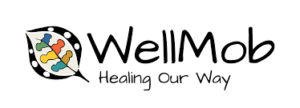
This month WellMob Director David Edwards spoke to Adrienne Franzis on ABC Radio Canberra about the WellMob website and online mental health and wellbeing resources for First Nations people with Adrienne Francis on ABC Radio.
WellMob is a new website developed under the guidance of Aboriginal and Torres Strait Islander community health workers, bringing together online wellbeing resources for First Nations people. The website includes a range of resources including apps, websites, audio, documents, social media, videos and online counselling, connecting frontline health workers with culturally relevant resources to use with Aboriginal and Torres Strait Islander clients.
During their interview David Edwards and Adrienne Francis discussed how the WellMob came to be developed, what resources can be found on the website and the role the WellMob portal can play in keeping our mob healthy in mind, body and spirit.
Start exploring the WellMob website at https://wellmob.org.au/.
TheMHS Mental Health Service Awards of Australia and New Zealand 2021
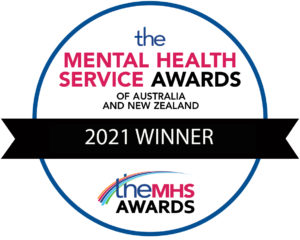
The Mental Health Service Awards of Australia and New Zealand (TheMHS Awards) recognize innovation, research excellence, best practice and lived experience leadership in mental health services addressing mental health issues across Australia and New Zealand.
This year eMHPrac are honoured to be awarded the 2021 TheMHS Mental Health Service Award in the category of Education, Training or Workforce Development Award for our work training and supporting health practitioners in the use of digital mental health. The judges commented it was “A world first innovation supporting the essential uptake of quality digital mental health that has great linkages with other organisations in delivery and with the end users“.
The eMHPrac team were presented with our award at an online awards ceremony on Wednesday 13th October. The Federal Minister for Health and Aged Care, the Honourable Greg Hunt gave a speech at the ceremony acknowledging the hard work of all winners.
For more information on this award, the other winners and our full statement go to https://bit.ly/3FYGKMq.
Did you catch the latest episode of the eMHPrac Podcast?
Ep.6 – Using Digital Technologies to Reduce Substance and Alcohol Use
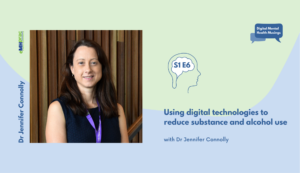
In episode 6, Dr Ruth Crowther speaks to Dr Jennifer Connolly about digital interventions for alcohol and substance use, how they can help, their effectiveness, and how practitioners can incorporate them into their practice.
Dr Jennifer Connolly is a Clinical Psychologist and Senior Research Fellow at Queensland University of Technology. Jennifer has been working in psychology research for over 20 years with a focus on projects investigating novel treatments for a range of mental health problems including depression, psychosis and alcohol misuse. Over the last decade Jennifer’s work has focused on creating and testing psychological treatments delivered via technology, such as phone, online programs and apps. Jennifer is a member of the e-Mental Health in Practice team which is funded by the Australian Government to train health practitioners in the use of electronic mental health tools.
Ruth and Jennifer discuss the evidence behind digital interventions for alcohol misuse, how clients can use and benefit from online resources, how practitioners can use digital mental health tools in their practice, how to get started with digital tools for alcohol misuse, and how to identify a client who might benefit from digital mental health resources.
You can also access Digital Mental Health Musings on Soundcloud, Apple Podcasts, Spotify, Google Podcasts, Amazon Music, and Deezer.
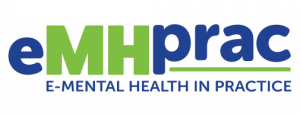
Catch us at these upcoming confernces
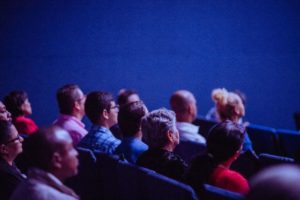
AACBT Conference
28-29 October 2021, Online
The 41st National Conference of the Australian Association for Cognitive and Behaviour Therapy (AACBT) explores the theme ‘recovery and reconnection’, recognizing the challenges we have all faced over the past year and how practitioners, researchers and the broader community responded to these challenges.
Our director Heidi Sturk will be presenting on connecting with the digital mental health world: increases in use of digital mental health as a result of COVID-19.
To register for the conference or view the program, click the link below:
Rural and Remote Mental Health Symposium
3-5 November 2021, Online
The Australian Rural and Remote Mental Health Symposium explores the theme ‘weathering the storm: reflecting on 2020 and planning for what’s next’, aiming to gain practical solutions to improve mental health services in Australia’s rural and remote areas.
Find us at our virtual trade booth or catch our director Heidi Sturk’s presentation on rural health practitioner views of digital mental health since COVID-19.
To register for the conference or view the program, click the link below:
On our reading radar
From Digital Mental Health to Digital Social and Emotional Wellbeing: How Indigenous Community-Based Participatory Research Influenced the Australian Government’s Digital Mental Health Agenda
Bennett-Levy, J.; Singer, J.; Rotumah, D.; Bernays, S.; Edwards, D. From Digital Mental Health to Digital Social and Emotional Wellbeing: How Indigenous Community-Based Participatory Research Influenced the Australian Government’s Digital Mental Health Agenda. Int. J. Environ. Res. Public Health 2021, 18, 9757. https://doi.org/10.3390/ijerph18189757
“This paper describes the first six years of a government-initiated project to train Indigenous health professionals in digital mental health (d-MH). It illustrates how community-based participatory research (CBPR) methods were used to enable this “top-down” project to be transformed into a ‘ground-up’ community-guided process; and how, in turn, the guidance from the local Indigenous community partners went on to influence the national government’s d-MH agenda. The CBPR partnership between five community partners and a university rural health department is described, with illustrations of how CBPR harnessed the community’s voice in making the project relevant to their wellbeing needs. The local Indigenous community’s involvement led to a number of unexpected outcomes, which impacted locally and nationally. At an early stage, the conceptual framework of the project was changed from d-MH to the culturally-relevant Indigenous framework of digital social and emotional wellbeing (d-SEWB). This led to a significant expansion of the range and type of digital resources; and to other notable outcomes such as successful advocacy for an Aboriginal-specific online therapy program and for a dedicated “one-stop-shop” d-SEWB website, Wellmob, which was funded by the Australian government in 2019–2021. Some of the implications of this project for future Indigenous CBPR projects are discussed.”
Australia’s Mental Health Think Tank: COVID-19 and Australia’s Mental Health
Bower M, Smout S, Ellsmore S, Donohoe-Bales A, Sivaprakash PP, Lim C, Gray M, Francis A, Grager A, Riches J and Australia’s Mental Health Think Tank. COVID-19 and Australia’s mental health: An overview of academic literature, policy documents, lived experience accounts, media and community reports. Sydney NSW: Australia’s Mental Health Think Tank; 2021.
“Over the past 20 months, the COVID-19 pandemic has been a profound disruption to Australians’ daily lives. Many of our daily activities and schedules have changed beyond recognition, including the way we work, go to school, see friends and family, play sport, travel, exercise and engage in hobbies. Economic insecurity and increased job loss have propelled many Australians into financial stress. With the recent Australian outbreak of the Delta Variant, there is widespread uncertainty about what the future will look like.
Compiled by Australia’s Mental Health Think Tank, this is the first Australian report to tie together multiple streams of knowledge to present an overview of the mental health impacts of COVID-19 and resultant policy measures. Using the best available knowledge, it aims to understand: what are the main ways COVID-19 has impacted on Australia’s mental health, who has been the most impacted, and why, what are the lessons from the COVID-19 pandemic that can inform a plan to protect Australia’s future mental health?
The evidence collated in this synthesis contains important depth and insights, but it is not exhaustive. It draws on a wide-ranging knowledge base including Australian and international published literature, government plans, budgets, policy reports, inquiries, grey literature and public commentary about the mental health and wellbeing impacts of the COVID-19 pandemic, and voices from those who have generously shared their experiences around COVID-19 and mental health.”
This edition’s featured service…
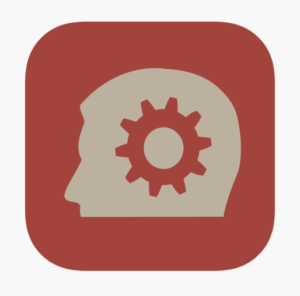
HeadGear
An aeasy-to-use smartphone app, guiding users through a 30-day mental fitness challenge to build resilience and wellbeing.
About HeadGear
HeadGear is a smartphone app developed by Black Dog Institute guiding users through a 30-day mental fitness challenge designed to build resilience and wellbeing and prevent things like depression and anxiety. The HeadGear app is based on techniques proven to build good mental health, including a range of daily activities to help reduce and manage stress, improve sleep, connect with friends and deal with difficult situations better.
Who is HeadGear for?
HeadGear has been developed primarily for males who would like to improve their mental health and wellbeing, but can be used by anyone over the age of 18 looking to build good mental health.
Is there a cost to use HeadGear?
No – Headgear is free to download on smartphone devices.
How to access HeadGear
HeadGear is available on both Google Play (Android) or on the iTunes App Store (iOS).
Meet the eMHPrac Team
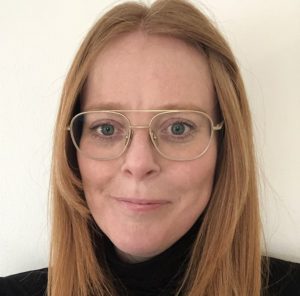
In this edition, the spotlight is on… Jill Summers
Title: Service Engagement Manager
Based at: Black Dog Institute (Sydney)
Role:
Delivering evidence-based services to manage and prevent common mental health conditions and suicide in health settings and the wider community. Services include digital products and platforms, training, resources, and consultancy. Jill also drives development and continuous improvement of resourcing, systems, and processes to manage delivery services.
Get to know a bit about Jill…
Jill is an experienced relationship manager with a marketing background. Originally from Northern Ireland, she spent a few years in marketing for the corporate sector before landing in Australia 10 years ago and discovering her true passion for the non-profit space. She headed the corporate partnerships for Brien Holden Vision Institute and The Salvation Army. A 12-month contract for School Infrastructure NSW provided insight into the project management world. Jill is looking forward to being part of the eMHPrac family and collaborating on new and innovative growth opportunities!



